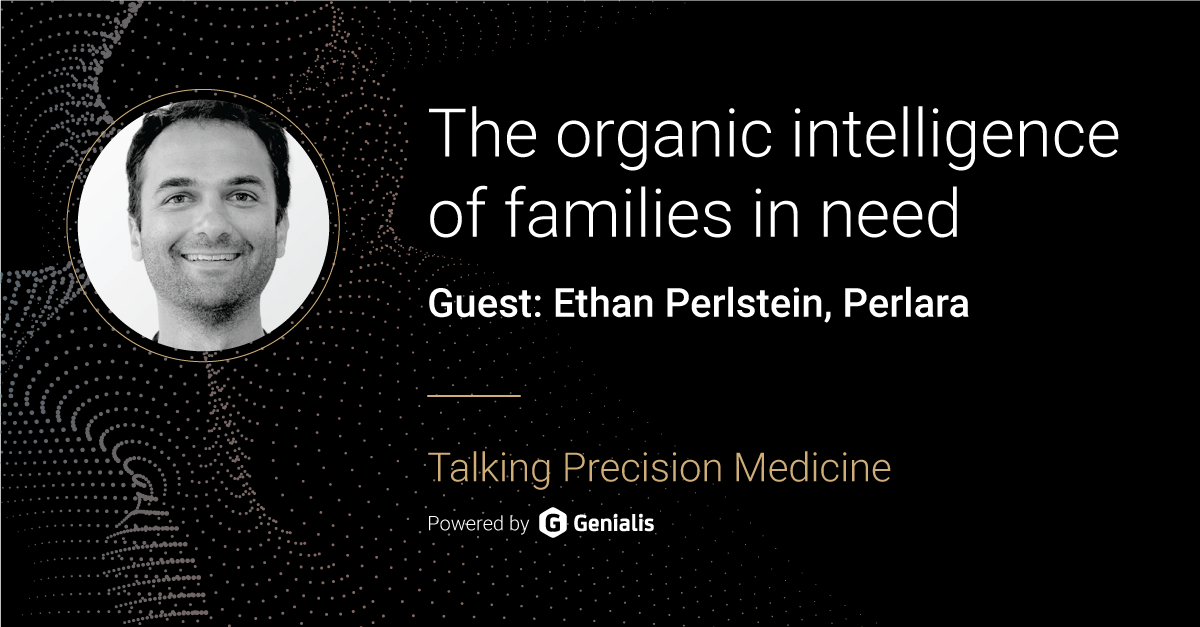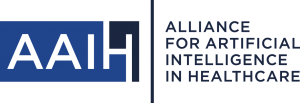Welcome to the Talking Precision Medicine podcast. In this series we sit down with experts on the application of AI and big data analytics in the drug discovery space. Our guests are innovators, business decision makers and thought leaders at the intersection of data and therapeutics. We discuss the promise, practice, challenges, and myths of AI in precision medicine. This show is brought to you by Genialis, and Rafael, our CEO, is your host.
Genialis is focused on data integration and predictive modeling of disease biology… to help accelerate the discovery and de-risk the development of novel therapeutics.
In this episode, we speak with Ethan Perlstein. Ethan is CEO at Perlara — a scientific discovery public benefit corporation that works with families, advocacy groups and BioPharma companies to develop cures for rare diseases. Perlara challenges the conventional approach to drug discovery through its scientific platform for evolutionary pharmacology.
Episode highlights:
- 80% of rare diseases have a genetic origin and a vast majority of them are monogenic disorders. Unfortunately. 95% of these rare genetic diseases have no FDA or no approved drug at all.
- No area of biology is an island and also no rare disease is an island. So if you make treatment on one rare disease you might be able to reposition that same drug to related rare diseases in the future.
- Our scientific platform is really about creating patient avatars for these families, organizations and other stakeholders. As avatars, I mean taking simple animal models, of what geneticists call model organisms, and create patient avatars using these organisms.
- What happens if the knowledge base of a disease gene and the biology around it is effectively zero. Organic intelligence refers to the idea that you actually have to rely on the biology to teach you
- In the case of these rare diseases, it really is the brain power and the emotional quotient of these dedicated researchers and families. The rare disease is very “people” business, and it’s about relationships, as much as about data
- What would happen if you’d taken that disease pathway and try to run it through a purely cell-based type of phenotypic system? You would have gotten zero out of it because the disease is such that unless you pick exactly the right kind of cell type and create the right tissues and cultures you are not going to recapitulate the disease biology.
- If you ask me, do I want some shiny AI in a box or do I want a couple of these parents, and advocates, and researchers in the room, I would take the latter every day of the week.

